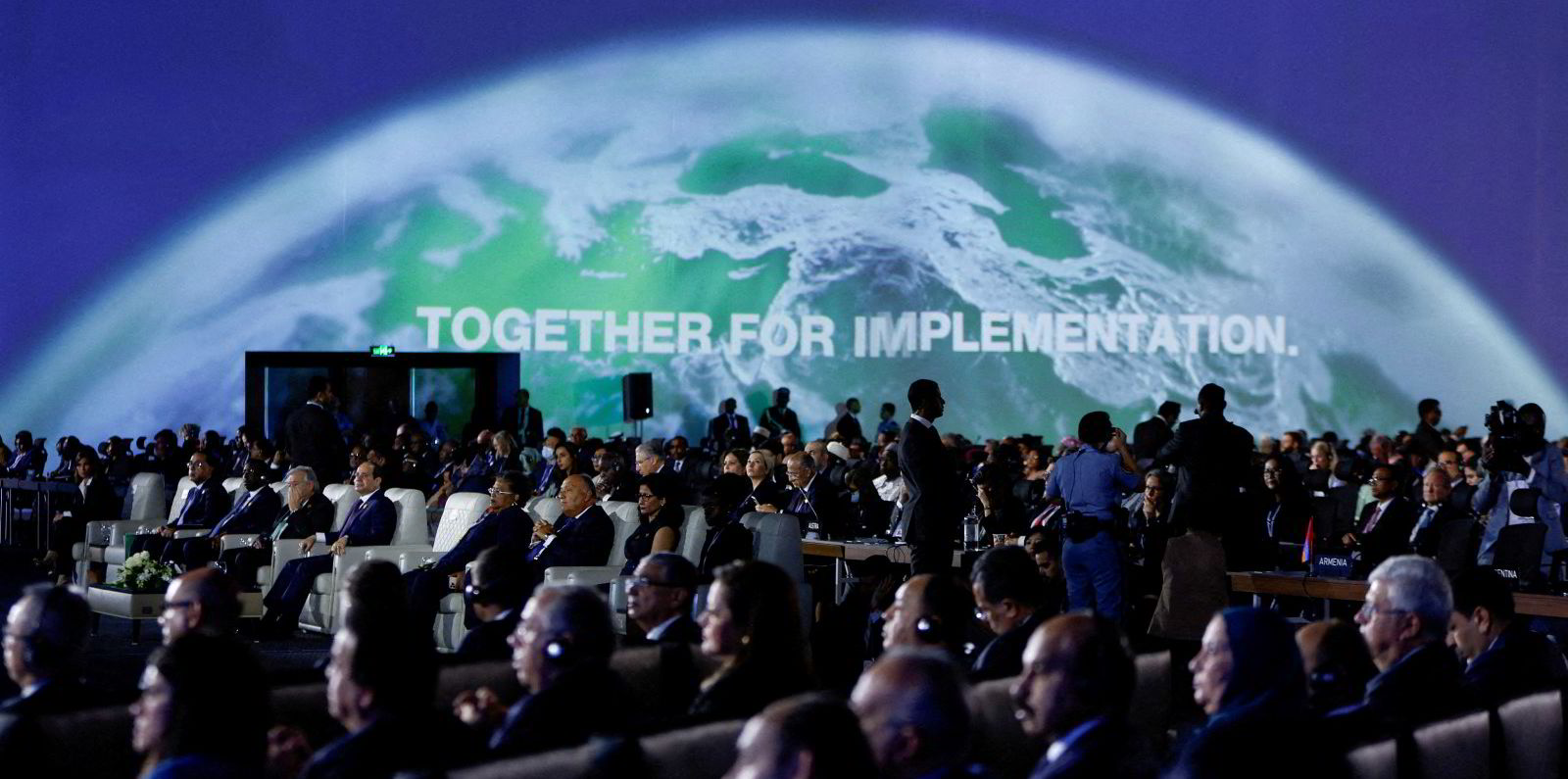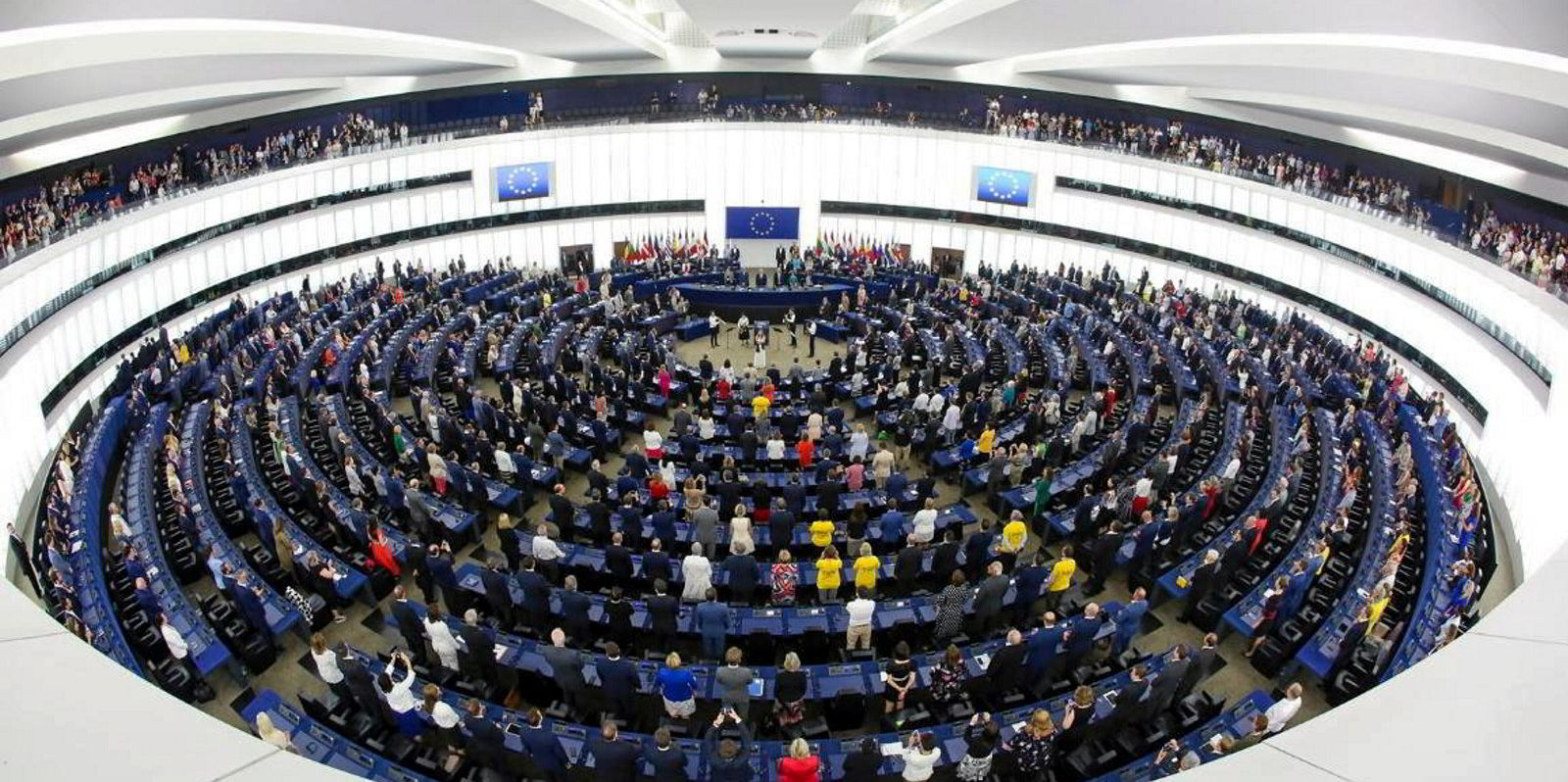European proposals to mandate EU shipping to use at least 2% renewable fuels of non-biological origin by 2030 should be tougher and linked to stricter targets plus stronger support measures, says Transport & Environment (T&E).
In October 2022 the European Parliament proposed the 2% sub-quota for the EUʼs draft FuelEU Maritime regulation. EU policymakers will have to make a final decision on it in trilogue talks early this year.
Brussels-based lobby group T&E had targeted a higher share of 6%, but is now calling for support to be given to the lower level alongside dropping an exemption for companies owning less than three ships.
The temporary exemption from 2030 to 2035 would mean exempting about half of shipping companies, equivalent to about 15% of energy use in European shipping, it said.
“Stricter greenhouse gas (GHG) targets in 2030 would also have contributed to creating the much-needed space for e-fuels to flourish; T&E had recommended to raise the 6% GHG intensity target to 13% in 2030. Unfortunately, this option was not retained by either EU institution,” shipping policy officer Delphine Gozillon added in a briefing note.
However it forecast a 2% sub-quota would create a market demand of about 205,000 to 237,000 tonnes of green hydrogen by 2030 for shipping.
T&E estimates about 2.2 GW of electrolyser capacity is required to produce that volume in Europe at a cost of €800m to €1.4bn for either e-ammonia or e-methanol.
The group said the market demand amount was very modest compared to the 2030 goals set for the power economy in RePowerEU for which the European Commission has proposed a target to supply 40m tonnes of renewable hydrogen by 2030, half of which is to be produced in Europe.
Renewable fuels of non-biological origin are about four times more expensive than current marine fuels. They need to demonstrate at least 70% GHG reduction on a well-to-wake basis to be eligible under the FuelEU Maritime regulation.
Sector targets are not a new idea. One was proposed by the EC in the ReFuelEU Aviation Regulation as a measure to kick-start the use of synthetic kerosene in planes taking off in EU airports.





